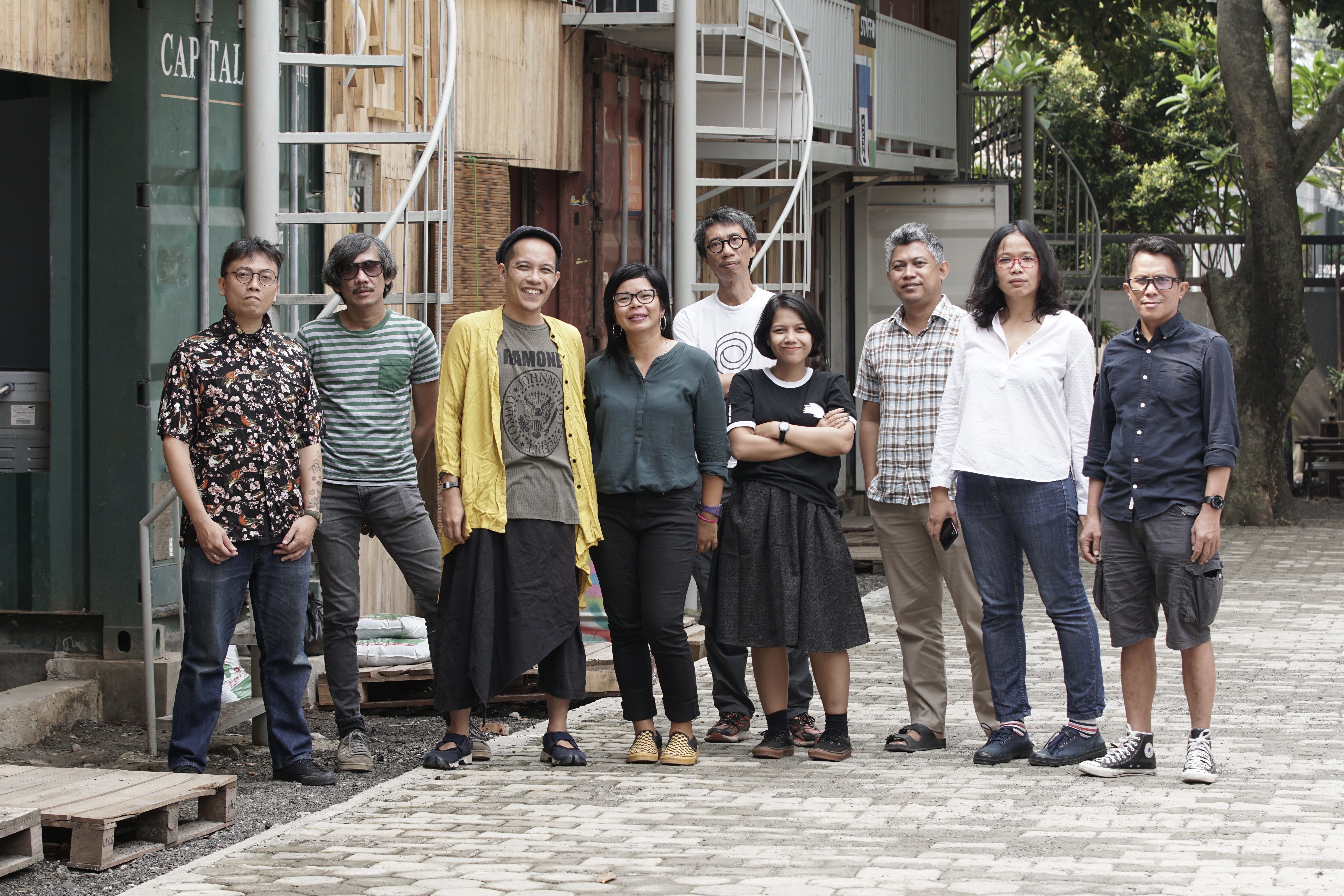
Dozens of artists and organizers involved in the forthcoming Documenta 15 have issued a statement in support of Ruangrupa, the Indonesian collective curating the show, who the artists say have been erroneously accused of antisemitism.
The statement comes after an attack on the venue in Kassel where a Palestinian artist collective called The Question of Funding is set to exhibit during the show. Vandals broke into the space in late May and scrawled the phrases “187” and “PERALTA” on the building’s walls, in apparent references to the California penal code section for murder and Isabel Medina Peralta, the leader of a Spanish far-right youth group.
Denouncing the attack, the artists called the allegations of antisemitism against Ruangrupa, which date back to January of this year, as false.
“On May 28, the exhibition and living spaces of Documenta were broken into and defaced with what can only be interpreted as a death threat,” the artists wrote in their statement, which was published by the journal e-flux. “This is a very worrying escalation of the situation.”
“We are united against the racist attacks that started this sequence of events. And we stand firmly against all forms of discrimination, including racist, xenophobic, antisemitic, sexist, transphobic, anti-Muslim, anti-Palestinian, anti-Roma, ableist, casteist, classist, and ageist actions and attacks.”
In January, a group called the Alliance Against Antisemitism Kassel issued a press release accusing Ruangrupa and several Documenta artists of antisemitism for their alleged connections to the Palestinian-led Boycott, Divestment, and Sanctions movement. The claims were picked up my multiple media outlets, including many in Germany, despite factual inaccuracies in the release.
Ruangrupa’s members strongly denied the allegations, calling them “racist defamations,” and announced plans to organize a three-week lecture series on the issue. But just days before the first discussion was set to kick off in May, the series was abruptly canceled.
Shortly thereafter, Ruangrupa issued an open letter explaining its decision to call off the lectures. In it, the collective argued that the Alliance Against Antisemitism Kassel consisted of a “single person who has links to an extremist splinter group.”
“We strongly reject these accusations and refuse to accept bad-faith attempts to delegitimize artists and preventively censor them on the basis of their ethnic heritage and presumed political positions,” Ruangrupa said.